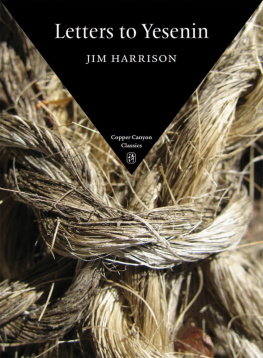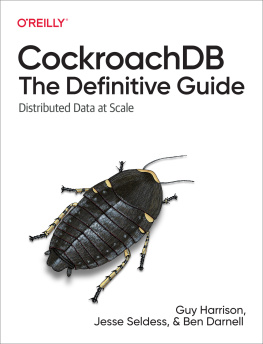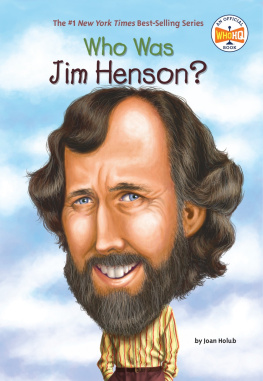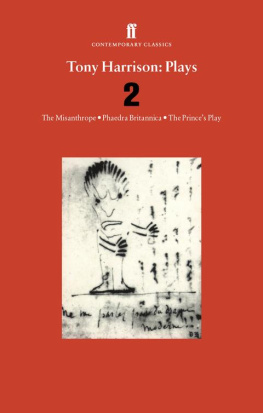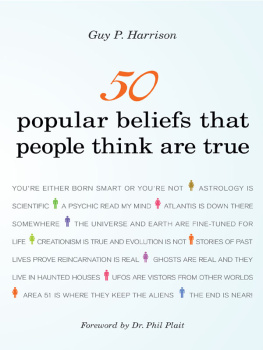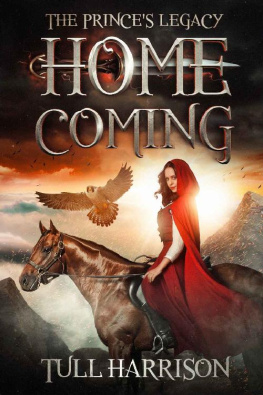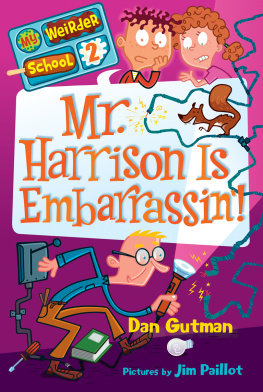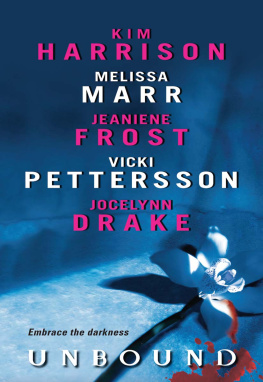M Harrison - Viriconium
Here you can read online M Harrison - Viriconium full text of the book (entire story) in english for free. Download pdf and epub, get meaning, cover and reviews about this ebook. genre: Romance novel. Description of the work, (preface) as well as reviews are available. Best literature library LitArk.com created for fans of good reading and offers a wide selection of genres:
Romance novel
Science fiction
Adventure
Detective
Science
History
Home and family
Prose
Art
Politics
Computer
Non-fiction
Religion
Business
Children
Humor
Choose a favorite category and find really read worthwhile books. Enjoy immersion in the world of imagination, feel the emotions of the characters or learn something new for yourself, make an fascinating discovery.
- Book:Viriconium
- Author:
- Genre:
- Rating:5 / 5
- Favourites:Add to favourites
- Your mark:
- 100
- 1
- 2
- 3
- 4
- 5
Viriconium: summary, description and annotation
We offer to read an annotation, description, summary or preface (depends on what the author of the book "Viriconium" wrote himself). If you haven't found the necessary information about the book — write in the comments, we will try to find it.
Viriconium — read online for free the complete book (whole text) full work
Below is the text of the book, divided by pages. System saving the place of the last page read, allows you to conveniently read the book "Viriconium" online for free, without having to search again every time where you left off. Put a bookmark, and you can go to the page where you finished reading at any time.
Font size:
Interval:
Bookmark:
Viriconium
M. John Harrison
THE PASTEL CITY
PROLOGUE ON THE EMPIRE OF VIRICONIUM
Some seventeen notable empires rose in the Middle Period of Earth. These were the Afternoon Cultures. All but one are unimportant to this narrative, and there is little need to speak of them save to say that none of them lasted for less than a millennium, none for more than ten; that each extracted such secrets and obtained such comforts as its nature (and the nature of the universe) enabled it to find; and that each fell back from the universe in confusion, dwindled, and died.
The last of them left its name written in the stars, but no one who came later could read it. More important, perhaps, it built enduringly despite its failing strength-leaving certain technologies that, for good or ill, retained their properties of operation for well over a thousand years. And more important still, it was the last of the Afternoon Cultures, and was followed by Evening, and by Viriconium.
For five hundred years or more after the final collapse of the Middle Period, Viriconium (it had not that name, yet) was a primitive huddle of communities bounded by the sea in the West and South, by the unexplored lands in the East, and the Great Brown Waste of the North.
The wealth of its people lay entirely in salvage. They possessed no science, but scavenged the deserts of rust that had been originally the industrial complexes of the last of the Afternoon Cultures, and since the largest deposits of metal and machinery and ancient weapons lay in the Great Brown Waste, the Northern Tribes held them. Their loose empire had twin hubs, Glenluce and Drunmore, bleak sprawling townships where intricate and beautiful machines of unknown function were processed crudely into swords and tribal chieftains fought drunkenly over possession of the deadly baans unearthed from the desert.
They were fierce and jealous. Their rule of the Southerners was unkind, and, eventually, insupportable.
The destruction of this pre-Viriconium culture and the wresting of power from the Northmen was accomplished by Borring-Na-Lecht, son of a herdsman of the Monar Mountains, who gathered the Southerners, stiffened their spines with his rural but powerful rhetoric, and in a single week gutted both Drunmore and Glenluce.
He was a hero. During his lifetime, he united the tribes, drove the Northmen into the mountains and tundra beyond Glenluce, and built the city-fortress of Duirinish on the edge of the Metal-Salt Marsh where rusts and chemicals weather-washed from the Great Brown Waste collected in bogs and poisonous fens and drained into the sea. Thus, he closed the Low Leedale against the remnants of the Northern regime, protecting the growing Southern cities of Soubridge and Lendalfoot.
But his greatest feat was the renovation of Viriconium, hub of the last of the Afternoon Cultures, and he took it for his capital-building where necessary, opening the time-choked thoroughfares, adding artifacts and works of art from the rust deserts, until the city glowed almost as it had done half a millennium before. From it, the empire took its name. Borring was a hero.
No other hero came until Methven. During the centuries after Borrings death, Viriconium consolidated, grew plump and rich, concerned itself with wealth, internal trade, and minor political hagglings. What had begun well, in fire and blood and triumph, lost its spirit.
For four hundred years the empire sat still while the Northmen licked their wounds and nourished their resentments. A slow war of attrition began, with the Southerners grown spineless again, the Northmen schooled to savagery by their harsh cold environment. Viriconium revered stability and poetry and wine merchants; its wolf-cousins, only revenge. But, after a century of slow encroachment, the wolves met one who, if not of their kind, understood their ways.. ..
Methven Nian came to the throne of Viriconium to find the supply of metals and Old Machines declining. He saw that a Dark Age approached; he wished to rule something more than a scavengers empire. He drew to him young men who also saw this and who respected the threat from the North. For him, they struck and struck again at the lands beyond Duirinish and became known as the Northkillers, the Order of Methven, or, simply, the Methven.
There were many of them, and many died. They fought with ruthlessness and a cold competence. They were chosen each for a special skill: thus, Norvin Trinor for his strategies, Tomb the Dwarf for his skill with mechanics and energy weapons, Labart Tane for his knowledge of Northern folk-ways, Benedict Paucemanly for his aeronautics, tegeus-Cromis because he was the finest swordsman in the land.
For his span, Methven Nian halted the decay: he taught the Northmen to fear him; he instituted the beginnings of a science independent of the Old Technologies; he conserved what remained of that technology. He made one mistake, but that one was grievous.
In an attempt to cement a passing alliance with some of the Northern Tribes, he persuaded his brother Methvel, whom he loved, to marry their Queen, Balquhider. On the failure of the treaty two years later, this wolf-woman left Methvel in their chambers, drowning in his own blood, his eyes plucked out with a costume pin. Taking their daughter, Canna Moidart, she fled. She schooled the child to see its future as the crown of a combined empire, to make pretense on Methvens death to the throne of Viriconium.
Nurtured on the grievances of the North, the Moidart aged before her time, and fanned secret sparks of discontent in both North and South.
So it was that when Methven died-some said partly of the lasting sorrow of Methvels end-there were two Queens to pretend to the throne: Canna Moidart, and Methvens sole heir, Methvet, known in her youth as Jane. And the knights of the Order of Methven, seeing a strong empire that had little need of their violent abilities, confused and saddened by the death of their King, scattered.
Canna Moidart waited a decade before the first twist of the knife.
1
Tegeus-Cromis, sometime soldier and sophisticate of Viriconium, the Pastel City, who now dwelt quite alone in a tower by the sea and imagined himself a better poet than swordsman, stood at early morning on the sand dunes that lay between his tall home and the grey line of the surf. Like swift and tattered scraps of rag, black gulls sped and fought over his downcast head. It was a catastrophe that had driven him from his tower, something that he had witnessed from its topmost room during the night.
He smelled burning on the offshore wind. In the distance, faintly, he could hear dull and heavy explosions: and it was not the powerful sea that shook the dunes beneath his feet.
Cromis was a tall man, thin and cadaverous. He had slept little lately, and his green eyes were tired in the dark sunken hollows above his high, prominent cheekbones.
He wore a dark green velvet cloak, spun about him like a cocoon against the wind; a tabard of antique leather set with iridium studs over a white kid shirt; tight mazarine velvet trousers and high, soft boots of pale blue suede. Beneath the heavy cloak, his slim and deceptively delicate hands were curled into fists, weighted, as was the custom of the time, with heavy rings of nonprecious metals intagliated with involved cyphers and sphenograms. The right fist rested on the pommel of his plain long sword, which, contrary to the fashion of the time, had no name. Cromis, whose lips were thin and bloodless, was more possessed by the essential qualities of things than by their names; concerned with the reality of Reality, rather than with the names men gave it.
He worried more, for instance, about the beauty of the city that had fallen during the night than he did that it was Viriconium, the Pastel City. He loved it more for its avenues paved in pale blue and for its alleys that were not paved at all than he did for what its citizens chose to call it, which was often Viricon the Old and The Place Where the Roads Meet.
Font size:
Interval:
Bookmark:
Similar books «Viriconium»
Look at similar books to Viriconium. We have selected literature similar in name and meaning in the hope of providing readers with more options to find new, interesting, not yet read works.
Discussion, reviews of the book Viriconium and just readers' own opinions. Leave your comments, write what you think about the work, its meaning or the main characters. Specify what exactly you liked and what you didn't like, and why you think so.


